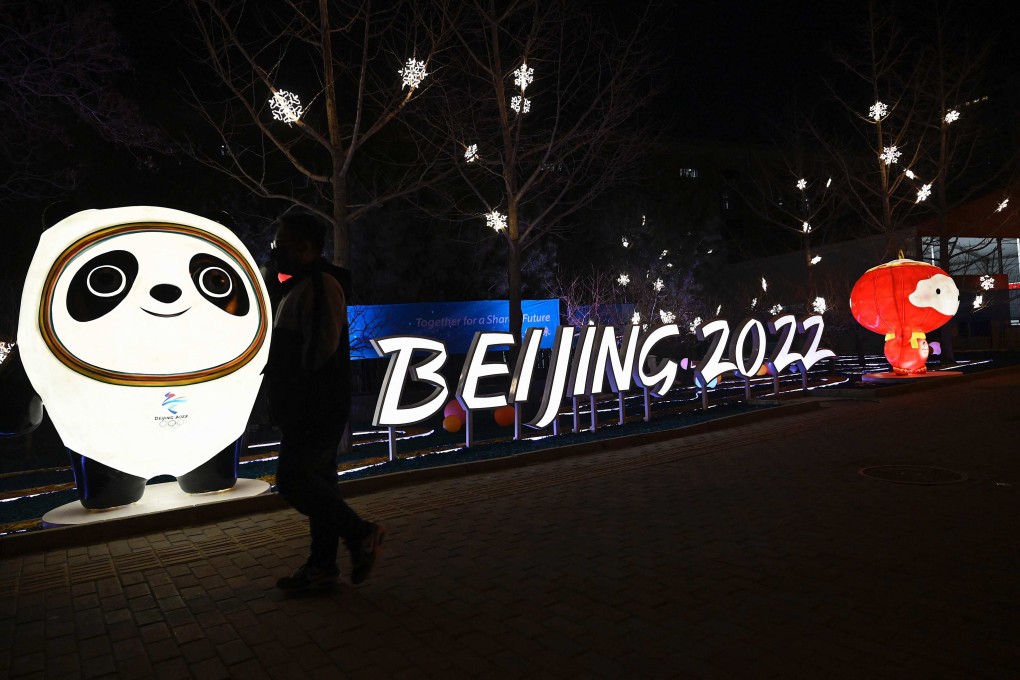Editorial | Beijing is on track to host successful and safe Winter Games
- It would be a crowning achievement if these Olympics and Paralympics were remembered not just as the Covid Games, but also as the green Olympics

Fourteen years ago at this time, China had six months to put the finishing touches to the 2008 Beijing Summer Olympics, seen as a national coming out on the global stage. The Games were a historic success, but not before the nation’s unity and resilience were tested by the humanitarian crisis of the Sichuan earthquake disaster in May of that year. Today there are just four days until a more confident China stages the Winter Olympics. This time it is Covid-19 that has failed to derail long-laid plans. Success now depends on managing the continuing threat of the pandemic. So far, so good. The organisers have kept to the timetable, unlike the year’s delay to the 2020 Tokyo Olympics caused by the spread of infection.
While the Games will showcase modern China, there is the wider domestic narrative of an increasing economic divide between north and south, with parts of the north suffering from the decline of heavy industry amid excess capacity. One idea for its revival is tourism, including winter sport, on the back of enthusiasm generated by the Games. As incomes have increased, China is on track to becoming the world’s biggest sports market and Chinese have become major customers of Japanese and South Korean snow resorts. There are predictions of multiple increases in the number of mainland resorts as local governments seek to cash in on demand.
There is no question the 2008 Games had a very positive outcome for Beijing, but there is doubt whether these Games can return the same kind of dividends. Sports analysts say it is more about delivering a safe Games without major health setbacks. That reflects a different and more assured China, which no longer needs validation from positives to emerge from the Games, despite boycotts and criticisms.
The meticulous preparations seen before the 2008 Summer Games are again evident. As well as containing Covid, the organisers are also aiming at carbon neutrality. It would be a crowning achievement if these Games and Paralympics were remembered not just as the Covid games, but also as the green Olympics.
